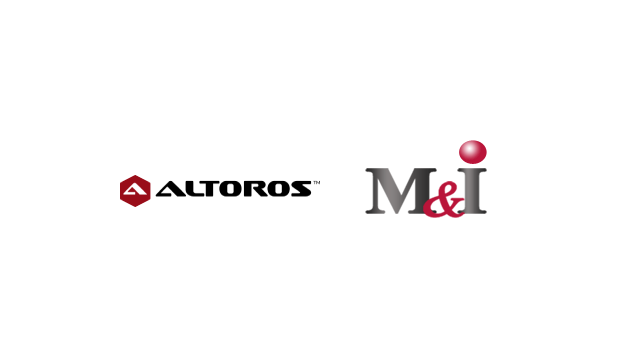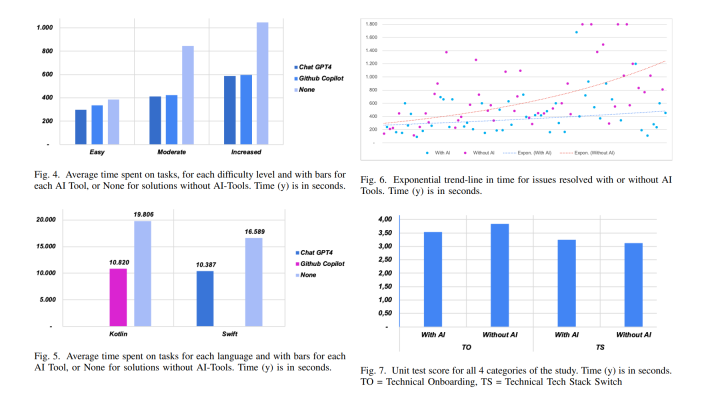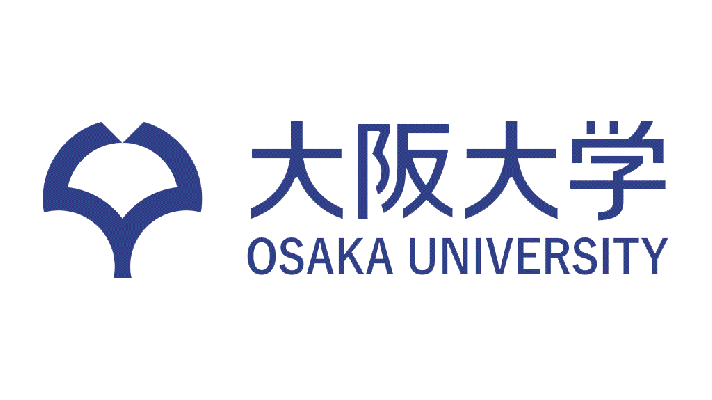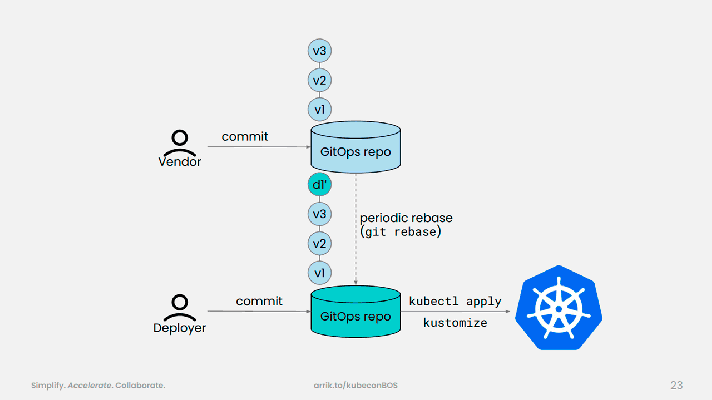Altoros Partners with the National Research Institute to Create Math Models for Data Mining

Belarus, Minsk—Altoros has signed an agreement with Research Institute for Applied Problems of Mathematics and Informatics of the Belarusian State University to cooperate in data mining and business analysis projects. Altoros will be able to employ solid scientific knowledge of the Institute and get access to a pool of highly qualified mathematicians. The Research Institute inherited the best traditions and approaches of the classical school of mathematics recognized worldwide. Together, the organizations will be able to develop systems that will help people to analyze trends and make optimal decisions.
The need for structured data
In the modern world, businesses have to communicate daily with numerous partners and deal with data generated within the companies and information obtained from customers, suppliers, and other external sources. Since departments are only able to process data that is directly relevant to their activities, the majority of facts remain useless. As a result, companies have rich data, but lack meaningful information.
Data mining is an analytical process that helps companies and organizations to get a complex picture of all operations, activities, and information flows and reveal systematic relations between objects. This properly structured data helps managers to make knowledge-driven decisions, predict the most possible scenarios, and eventually gain additional revenue. The essence of this sophisticated approach is in searching for the dependencies between events and facts that do not seem to be related. For example, it’s possible to forecast how the revenue of the retailer will change if the government passes a new law on taxes. Data mining is widely used across numerous industries and fields, including finance, healthcare, insurance, manufacturing, e-commerce, education, telecommunications, etc., to enhance working efficiency.
Processing big data
Today, there are many solutions that can help people to collect information from various sources. Although, when all data is aggregated in a company’s warehouse, it becomes clear that the main challenge is to process massive data sets. There are few specialists worldwide that are able to create systems that can discover knowledge in millions of incoherent facts and records. Such projects require both strong mathematical skills for the creation of models and hands-on experience in the implementation of such algorithms. In cooperation with the Research Institute for Applied Problems of Mathematics and Informatics, Altoros will be able to make fundamental research of existing data mining models and test their efficiency in different cases.
In general, the analysis of big data starts with selecting a subset of records that will represent the main features of a large number of variables. Then, a mathematical model appropriate for this type of data is built. Selecting the effective algorithm or its creation from scratch is a very time-consuming process that demands professional skills in both mathematics and IT. When the model is chosen and tested on a small selection of records, it’s applied to the entire database. The result of this process is an artificial intelligence system that can be used to make decisions in conditions of lack of certainty, automate customer interactions, predict future changes, and adjust a business strategy in advance.
About the organizations
Altoros is an experienced IT services provider that helps enterprises to increase operational efficiency and accelerate the delivery of innovative products by shortening time to market. Relying on the power of Kubernetes implementation, cloud automation, the methodology of blockchain, AI/ML, and industry knowledge, Altoros helps its customers to get a sustainable competitive advantage.
Research Institute for Applied Problems of Mathematics and Informatics focuses on solving practical tasks using scientific approaches. The institute has real-life experience in big data analysis and artificial intelligence. Their experience also includes statistical analysis, mathematical modeling, and information security.
Further reading
- TensorFlow Cheat Sheet
- Performance of Distributed TensorFlow: A Multi-Node and Multi-GPU Configuration
- Performance of Deep Learning Frameworks: Caffe, Deeplearning4j, TensorFlow, Theano, and Torch








